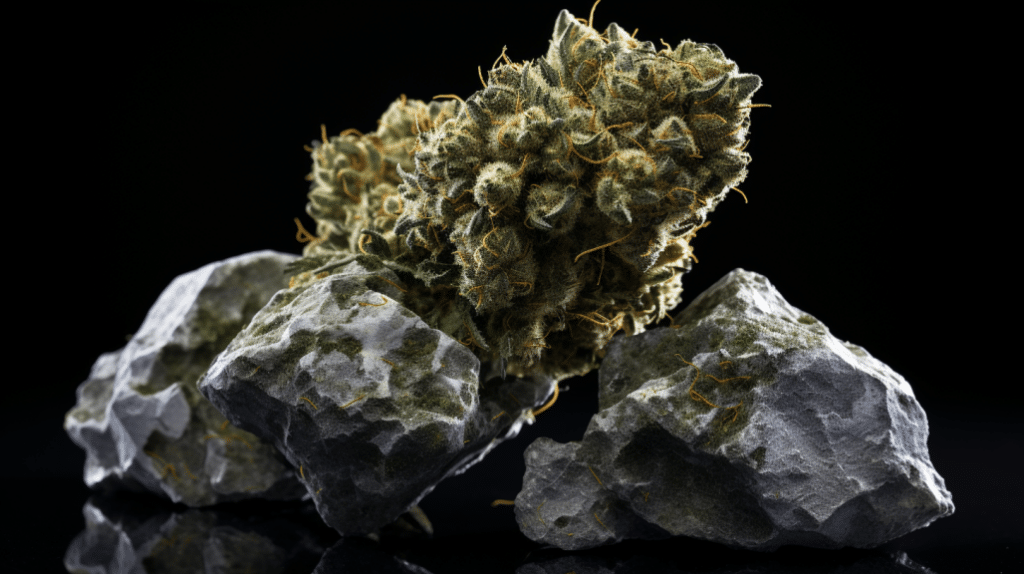Psychedelics vs. Epilepsy & Seizures: Effective Treatment or Exacerbation? (2023 Review)
Psychedelic compounds, long associated with the fringes of medicine and spirituality, are now at the forefront of a radical shift in neurology and psychiatry. Decades of clinical trials have begun to unravel the therapeutic potentials of these substances, revealing promising outcomes in the treatment of various psychiatric disorders. However, a notable gap in this burgeoning …


